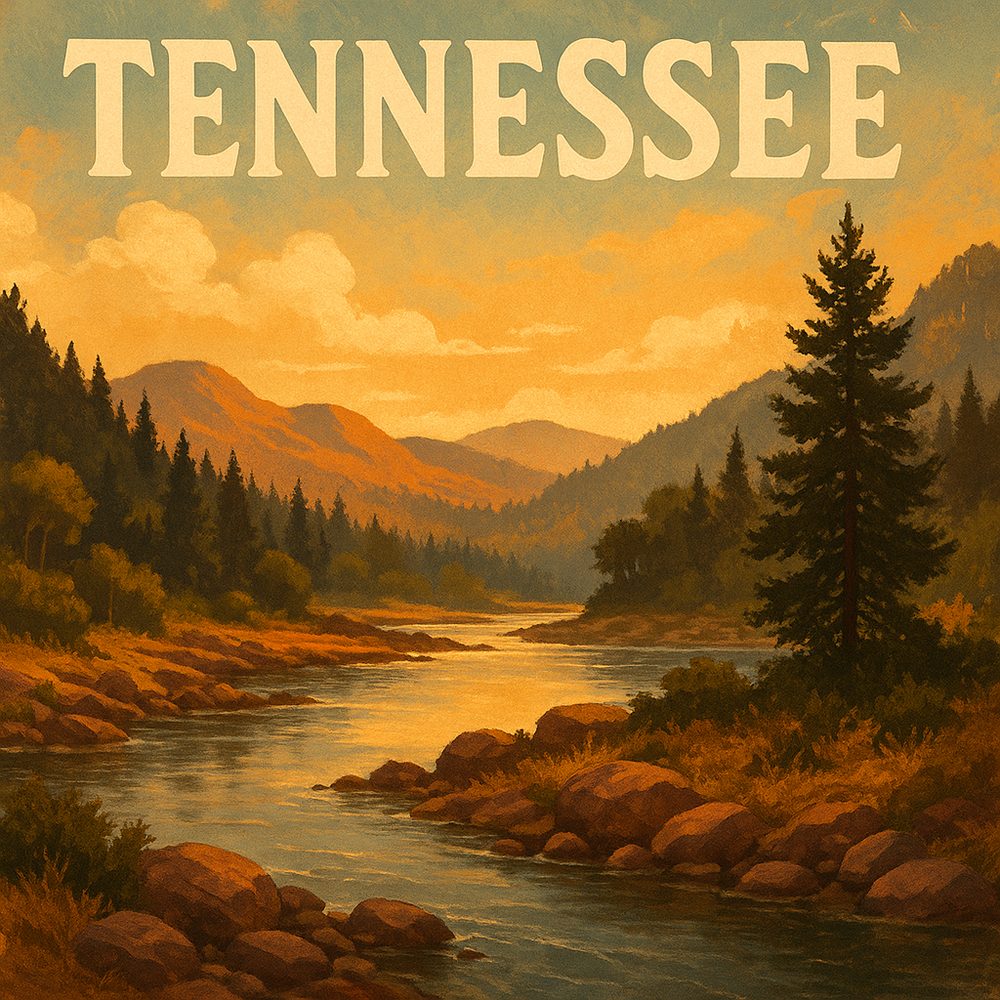Weird Laws Still on the Books in Tennessee

In Memphis, just a short drive from downtown, the Cotton Museum offers more than a deep dive into the South’s agricultural past. Nestled near the Mississippi River, this museum explores how cotton shaped Tennessee’s economy and culture, but it also touches on some curious historical regulations that governed everyday life in the region. For instance, once upon a time, Memphis had ordinances about everything from “undesirable” activities on the waterfront to restrictions on selling cotton at odd hours. Visiting the museum’s exhibits on the early 20th century, you can see how laws influenced commerce and social life, helping to frame the kind of odd statutes that still trickle into state lawbooks today. The museum’s well-curated displays, paired with views of the mighty river that carried the cotton trade, make it a compelling stop in any season, especially in spring when the riverfront blooms with azaleas.
A couple of hours east of Memphis lies the charming town of Lynchburg, best known as the home of the Jack Daniel’s Distillery. Here, you can explore the distillery’s historic grounds and learn about the prohibition era’s impact on Tennessee’s liquor laws. Despite modern changes, some quirky laws remain, such as the old prohibition on selling alcohol on Sundays, which linger as local customs or soft legal edges. Touring the distillery’s Old No. 7 Visitor Center, you’ll delve into the paradoxes of Tennessee’s liquor legacy—from moonshine raids to the present-day legal quirks. The town itself, with its quaint courthouse square and antique shops, invites a leisurely afternoon stroll, especially pleasant in early fall when the weather cools and the crowds thin.
In Knoxville, the East Tennessee History Center sits just a few blocks from Market Square in the city’s vibrant downtown. Its exhibits delve into the region’s rich and often complicated past, including some lesser-known local laws that once regulated everything from land disputes to behavior in public spaces. One exhibit highlights the legal battles over land use and wildlife conservation, areas where Tennessee still has some unusual statutes on the books, such as oddly specific hunting restrictions. Visitors can enjoy rotating displays as well as permanent collections focusing on Appalachian culture and the city’s development. A walk around Market Square afterward offers a lively contrast, with street musicians and bustling cafés perfect for people-watching on a warm summer evening.
Driving south from Knoxville toward Chattanooga, visitors can stop at Lookout Mountain, famous for its panoramic views and Civil War history. The Incline Railway and Rock City gardens are well-known draws, but the mountain’s role as a strategic point also meant that it was governed by some strict and peculiar wartime laws. Even today, visitors can find references to old regulations about trespassing and property boundaries that feel oddly specific and quaint. Hiking the trails, particularly the moderate Sunset Rock Trail with its breathtaking overlook, offers a refreshing outdoor experience combined with a sense of stepping through layers of history. Early morning visits provide the best light and fewer crowds, perfect for photography and quiet reflection.
Nashville’s Ryman Auditorium, the historic “Mother Church of Country Music,” also holds echoes of past legal oddities. Built in the late 19th century as a tabernacle, it was originally bound by laws regulating public gatherings and Sunday performances. Some of these arcane laws influenced the venue’s early programming and community role. Today, the Ryman stands as a vibrant concert hall where the city’s musical heritage thrives, but knowing its legal backstory adds a layer of intrigue. Touring the auditorium and attending a live show, especially in the spring when the city buzzes with festivals, offers a unique glimpse into how legislation once shaped—and still shadows—public entertainment in Tennessee.
In the rural landscapes around Cookeville, a two-hour drive east of Nashville, Cummins Falls State Park invites visitors to explore rugged terrain and a stunning 75-foot waterfall. The park is a favorite for hikers and swimmers, but the surrounding area is steeped in old laws relating to land use and water rights that still echo in local regulations today. The hike to Cummins Falls, about 1.5 miles round-trip and rated moderate, provides a sensory immersion into Tennessee’s natural beauty and the way historical laws have protected—or complicated—access to these treasures. Late spring and early summer are ideal times to visit, when the waterfall swells with runoff and the surrounding woods burst into life.
Finally, on the banks of the Tennessee River in Chattanooga, the Hunter Museum of American Art bridges the city’s industrial past with its cultural present. The museum’s collection includes works that reflect the region’s evolving identity, influenced by a web of social and legal frameworks—some quite strange—over the decades. Nearby, the Walnut Street Bridge, one of the longest pedestrian bridges in the world, crosses the river, symbolizing the connection between past and present. Walking the bridge at sunset, when the skyline glows and the water shimmers, visitors can imagine the historical laws that once governed river traffic and public spaces here, adding an unexpected legal texture to the scenic experience. The mild fall months often provide the best weather for this iconic stroll.